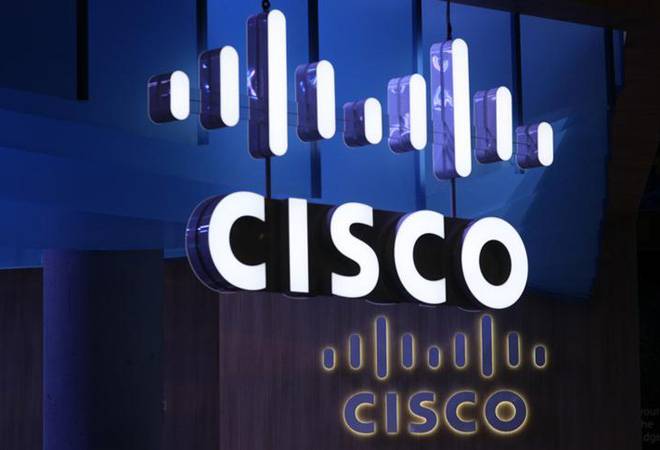Cisco has committed to positively impact 50 million people in India by 2025 through social initiatives and partnerships. Globally, the uber target for the networking giant is at one billion and they have reached out to some 220 million people so far.
As a part of giving back to society, companies are moving from one-time donations to investing in social organisations and skilling programmes to create a sustainable impact that can be replicated and scaled. Cisco has committed to positively impact 50 million people in India by 2025 through social initiatives and partnerships. Globally, the uber target for the networking giant is at one billion and they have reached out to some 220 million people so far.
In India, giving back to society is done through the compliance mandate of investing two percent profit into CSR initiatives and employee volunteering programmes.
“Even though there is a 2 per cent mandate, there is no formal investment amount set. For every hour an employee puts in volunteering, Cisco matches that and puts in the money into the CSR fund. All programmes are run that way,” says V. C. Gopalratnam, Trustee, Cisco Foundation & Senior Vice President, IT & CIO. Earlier the focus was on emergency donations, cash grants, product grants which is still there but there is also an increasing interest in leveraging technology for social good, he adds.
The four main focus areas include solving critical human needs, skill development, sustainability and economic empowerment. As part of that, Cisco recently announced an Accelerator for NGOs in partnership with N/Core tech to incubate early-stage nonprofits that leverage digital technology to solve India’s social challenges. Eight NGOs have received the grant so far and the target is to reach 20 organisations this year. Each start-up receives a grant of Rs 10 lakh and access to mentors and technology experts from Cisco.
Along with that Cisco is setting up five “Cisco thingQbator” that are innovation labs and makers spaces in academic institutions to enable students to get hands-on experience with technology and conceive digital solutions to local problems. The five academic institutions are Indian Institute of Information Technology and Management, (IIITMK), Kerala; IIT-BHU Varanasi; Amrita University Coimbatore; Indira Gandhi Delhi Technical University for Women- Delhi and Trident Academy of Technology Bhubaneswar.
Given the huge skills gap in the country, the third leg of their CSR programmes is around skilling. Around 170,000 people have been through 306 Cisco Networking Academies across the country. “These people didn’t have any computer background and now have a technology certification in computer networking, security and IoT which enables them to get a job improving the entire household’s economic condition,” says Gopalratnam. The company has also partnered public sector organizations like The Telangana Academy for Skills and Knowledge, and the ICT Academy of Kerala, to provide training on networking and cybersecurity skills to improve the employability of engineering graduates in those states. By 2020, Cisco aims to create a pipeline of 250,000 skilled students in India.
But, should CSR be made a part of business? Gopalratnam doesn’t believe so. “It is a business imperative to do CSR, but it cannot be made into a commercial initiative. It has to be kept separate from business.”


